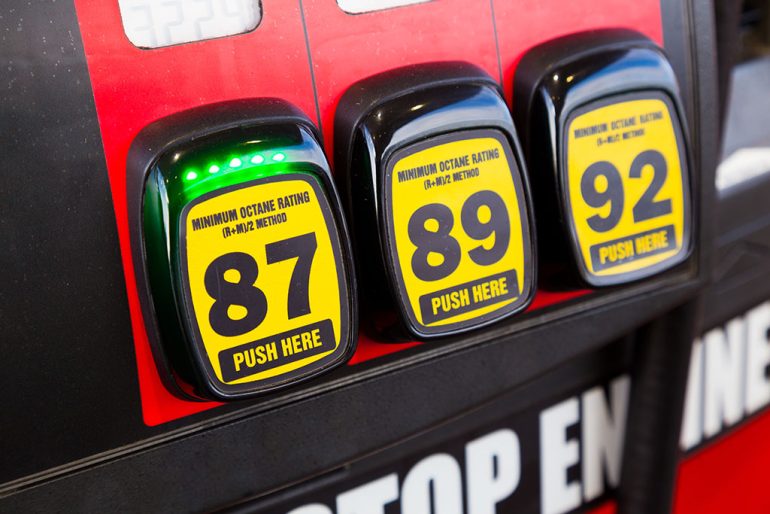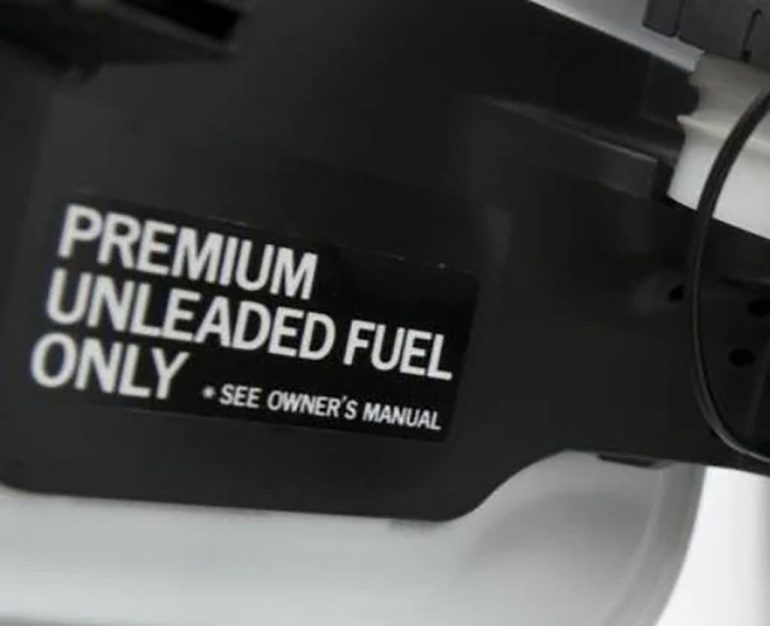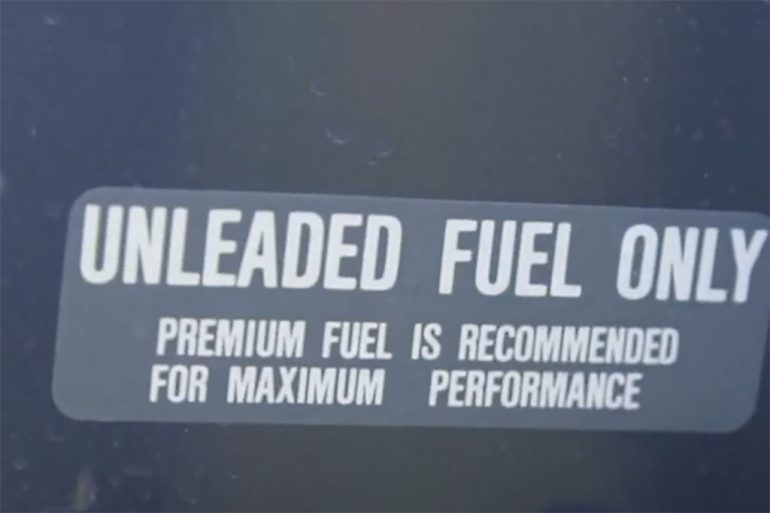Automotive

It’s one of the most common dilemmas at the pump: Your car recommends premium fuel, but regular is a lot cheaper—and right there, just a nozzle away. So, what’s the real cost of ignoring the premium suggestion? Are you doing lasting damage to your engine, or is it all overblown marketing? Let’s dig into what really happens under the hood when you opt for regular fuel in a vehicle designed to run best on premium—and whether or not you’re actually saving money in the long run.
Octane 101 – What Does “Premium” Even Mean?
When we talk about fuel grades, we’re talking about octane rating. In the U.S., regular unleaded is typically 87 octane, mid-grade is 89, and premium ranges from 91 to 93. Octane doesn’t measure fuel quality—it measures resistance to knock, which is the uncontrolled combustion that can happen inside your engine’s cylinders. Knock isn’t just noisy; over time, it can lead to reduced performance, efficiency, and engine wear. High-performance engines—especially turbocharged or high-compression engines—are more prone to knock. That’s why they’re usually calibrated to take advantage of premium fuel’s higher resistance to pre-detonation.
Recommended vs. Required – What’s the Real Difference?
Here’s the nuance that trips people up: There’s a big difference between recommended and required when it comes to fuel type. If your car requires premium fuel (like many high-end European models or performance cars), using regular can result in reduced performance, lower fuel economy, and—in some cases—long-term engine damage. If your car merely recommends premium, it means the engine is designed to optimize performance on higher octane, but the onboard computer (ECU) can adjust timing and other parameters to safely run on regular. However, there will likely be trade-offs. According to AAA research, about 16.5 million U.S. drivers use premium fuel even though their cars don’t require it. But on the flip side, many drivers ignore the “recommended” tag thinking it doesn’t matter—when it actually does.

Real-World Performance Drops and Fuel Economy Losses
A study by AAA in 2017 tested vehicles that recommend—but don’t require—premium. In their controlled tests, switching from premium to regular led to an average 2.7% drop in horsepower and a 0.7% decrease in fuel economy. While those numbers may seem small, they can make a noticeable difference in responsiveness—especially in turbocharged engines where premium allows for more aggressive timing and boost. In other words: Your engine won’t throw a fit, but it won’t be its best self, either.
Will It Harm Your Engine Over Time?
Short answer: Probably not—but it depends on the car and how it’s driven. Modern engines are smart. With knock sensors and adaptive ECUs, most cars that recommend premium will safely dial back ignition timing when you use regular, preventing knock before it causes damage. But over the long term, especially in performance-oriented turbocharged engines, this constant adaptation could mean more carbon buildup, hotter operating temperatures, and less-than-ideal efficiency. Think of it like feeding your body fast food every day instead of balanced meals. You won’t keel over, but the long-term performance won’t be optimal.

How Much Money Are You Really Saving?
Let’s say premium costs 50 cents more per gallon than regular. On a 15-gallon fill-up, you’re saving about $7.50. Over a year, assuming you fill up weekly, that’s nearly $400. However, if your fuel economy drops just 1–2 mpg because you’re running lower octane, you could be refueling more often—chipping away at those savings. And if your car’s performance suffers to the point where you’re flooring it more to compensate, you may end up using more gas.
The Verdict – Should You Use Regular in a Car that Recommends Premium?
If your owner’s manual says premium is recommended, not required, it’s generally safe to use regular fuel—especially for daily driving, commuting, or light use. Just expect a slight drop in performance and potentially fuel economy. But if you drive aggressively, tow, or frequently load your vehicle, premium might be worth the added cost to keep everything running smoother and cooler. Bottom line: You won’t hurt your engine by using regular fuel occasionally in a premium-recommended car. But if you want to preserve peak performance, mileage, and long-term engine cleanliness—premium is still the smarter choice.
FOLLOW US TODAY:

